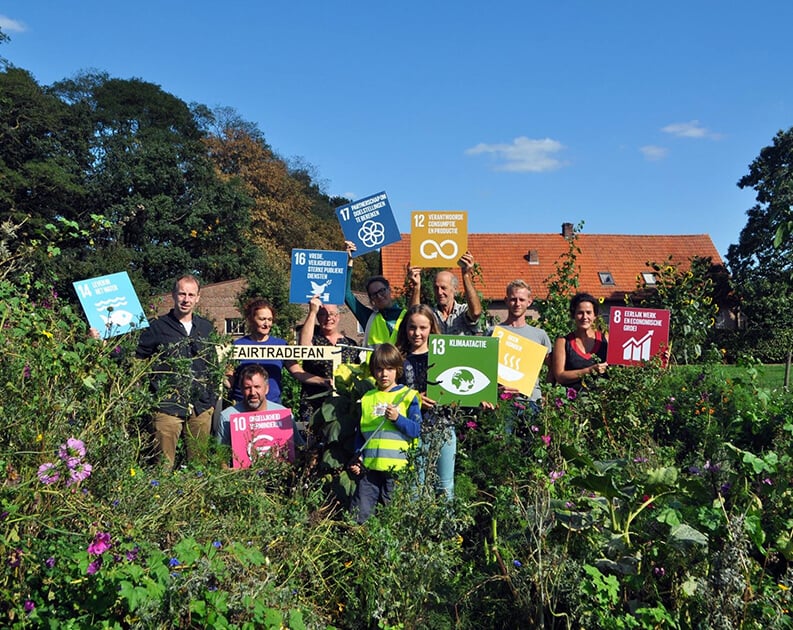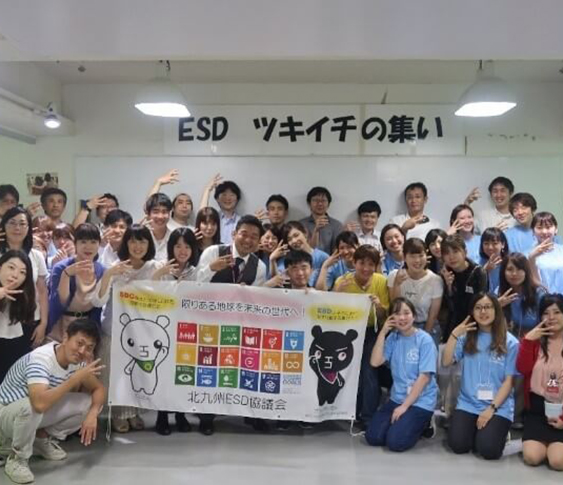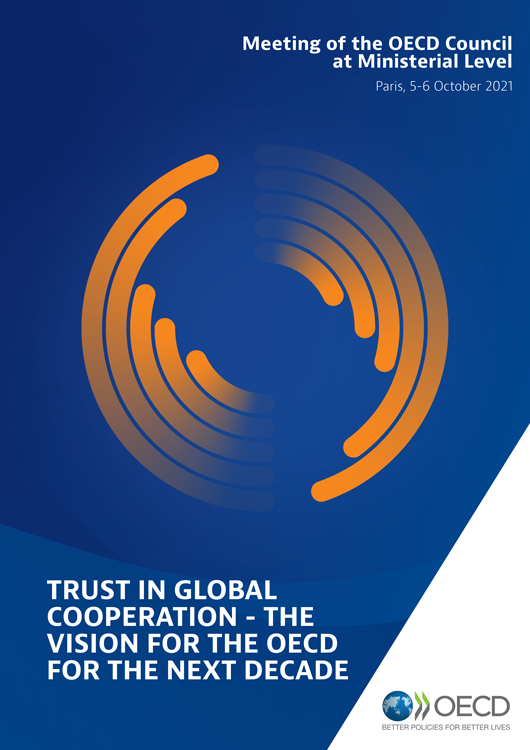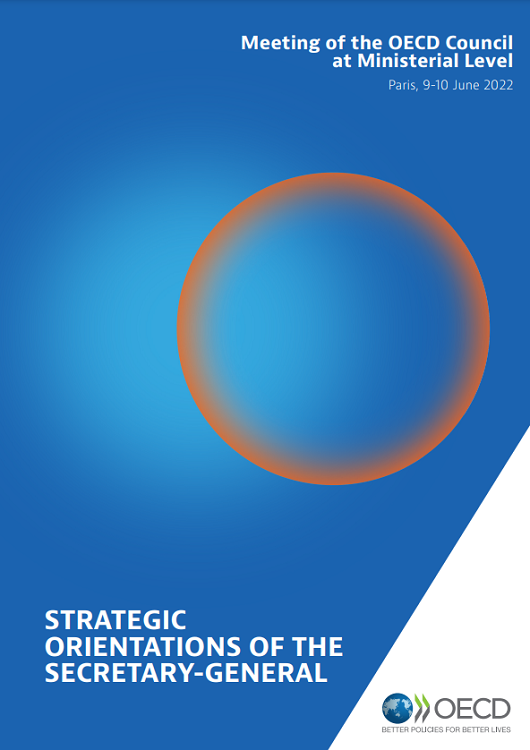
Achieving the SDGs in cities and regions
The OECD is helping to guide local and regional leaders in developing policy approaches and action plans to localise the SDGs.
What's the issue?
National governments alone cannot achieve the ambitious goals of the 2030 Agenda – but cities and regions can contribute to achieving the Sustainable Development Goals (SDGs).
Most people live and work in cities, and urbanisation continues to grow all over the world, with 70% of the global population expected to live in cities by 2050. Data from the OECD Metropolitan Database also shows that the 327 OECD metropolitan areas above 500,000 inhabitants concentrate 63% of GDP.
In many countries, cities and regions have core competencies for policy areas underlying the SDGs such as water, housing, transport, infrastructure, land use or climate change. This is evidenced by OECD data: subnational governments were responsible for almost 60% of total public investment in 2016 in the OECD area, and for almost 40% worldwide. Beyond SDG 11, which focuses on cities and communities, an estimated 65% of the 169 targets behind the 17 SDGs will not be reached without engagement of local and regional governments.
A local SDG strategy will help us consolidate a sustainable administration model where social justice, economic growth and strengthening of institutions are its fundamental pillars.
Juan Schiaretti Governor of the Province of Córdoba, Argentina
What’s the solution?
To respond to this challenge and to support governments in localising the SDGs, the OECD launched the programme on A Territorial Approach to the SDGs, which has three primary objectives:
- measure where cities and regions stand on the SDGs vis-à-vis their respective national average and their peers;
- analyse how cities and regions use the SDGs to rethink sustainable development from the ground up as well as facilitate a dialogue between lower and upper levels of government;
- share best practice and lessons from international experiences.
What's the impact?
Cities and regions are also already implementing preliminary policy recommendations of the OECD Programme. For example, the Province of Córdoba, Argentina, has established a stakeholder engagement process to involve the private sector and civil society in the definition of a Vision 2030 for Córdoba, and is developing a matrix to identify drivers of social inclusion.
The city of Kitakyushu, Japan, is using the environmental SDGs to create opportunities in the economic and social sectors, exploring how eco-industry offshore wind power generation, eco-tourism and culture can offer additional job opportunities for youth and promote social cohesion through intergenerational solidarity.

The programme is supporting the region of Southern Denmark to use the SDGs to shape the new Regional Development Strategy 2020-23, and the county of Viken, Norway, to use the 2030 Agenda as a framework to implement a territorial reform merging the three counties of Akershus, Østfold and Buskerud. The region of Flanders, Belgium, has used preliminary recommendations to strengthen implementation of the Focus 2030 Strategy.
The city of Bonn, Germany, has improved multi-stakeholder dialogue with the private sector to better coordinate their SDGs implementation activities, while the municipality of Kópavogur, Iceland, launched the consultation process with private sector and civil society during the first on-site visit.
The localised indicator framework allows 601 regions and 649 cities in OECD and partner countries to measure progress on the SDGs. Gathering 140+ stakeholders, the OECD Roundtables on Cities and Regions for the SDGs provides a forum for exchanging good practices on how to achieve the SDGs at the local level.
The seventeen SDGs have become the benchmark for sustainable municipal action in Bonn. We will soon be laying out our first municipal sustainability strategy – as a roadmap of how we intend to continue implementing the seventeen goals here in Bonn over the coming years.
Ashok Sridharan Mayor of the Federal City of Bonn and President of ICLEI - Local Governments for Sustainability
In Moscow, Russian Federation, the SDGs are seen as tools through which the government can promote Moscow as an attractive place to live in the 21st century. They are used as a checklist to assess and highlight the contribution of various local programmes and initiatives, particularly via three main strategies for sustainable development that will be implemented over the next 10-15 years: i) Master Plan 2010-2035 promotes a “balanced urban development” between access to green areas, efficient transportation, and quality housing; ii) Investment Strategy 2025 works to create a favourable investment climate for urban development; iii) Smart City 2030 provides digital solutions to advance urban development, in particular to boost local living standards and ensure more cost-effective management and service-provision solutions.
The state of Paraná, Brazil, is working to mainstream the SDGs in its budgetary planning. The Audit Court is leading this work by analysing the 2016-19 Multi-Annual Plan (PPA) and the 2017 Annual Budget Law and extracting lessons for the development of the PPA 2020-23. The court has developed a model to: i) examine the link between ongoing public policies and the SDGs’ targets; ii) evaluate budget expenditures; iii) generate evidence to improve decision-making and iv) analyse the official indicators related to budget-planning instruments.











